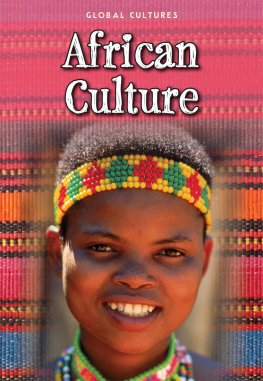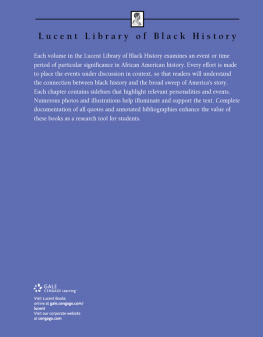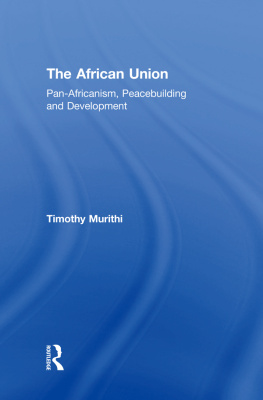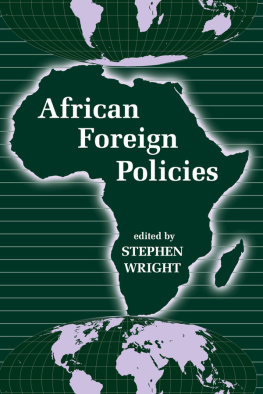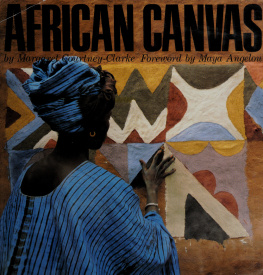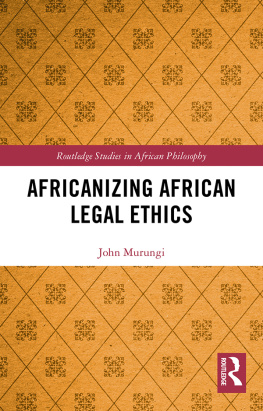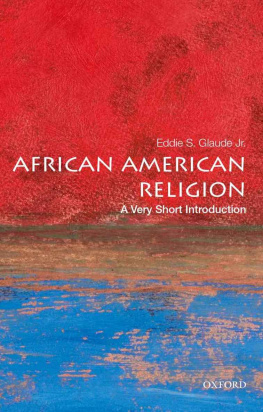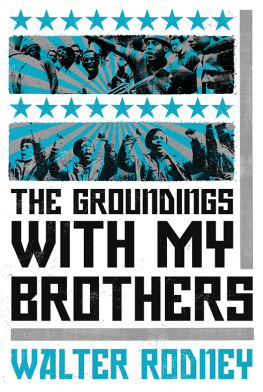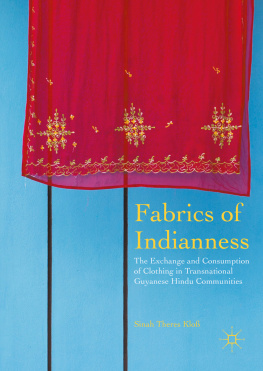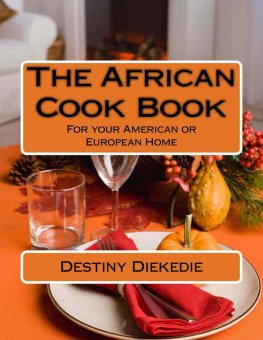REDIASPORIZATION
REDIASPORIZATION
African-Guyanese Kwe-Kwe
By Gillian Richards-Greaves
University Press of Mississippi / Jackson
The University Press of Mississippi is the scholarly publishing agency of the Mississippi Institutions of Higher Learning: Alcorn State University, Delta State University, Jackson State University, Mississippi State University, Mississippi University for Women, Mississippi Valley State University, University of Mississippi, and University of Southern Mississippi.
www.upress.state.ms.us
The University Press of Mississippi is a member of the Association of University Presses.
Copyright 2020 by University Press of Mississippi
All rights reserved
Manufactured in the United States of America
First printing 2020
Library of Congress Control Number: 2020020399
Hardback: 978-1-4968-3115-6
Trade Paperback: 978-1-4968-3116-3
Epub Single: 978-1-4968-3117-0
Epub Institutional: 978-1-4968-3118-7
PDF Single: 978-1-4968-3119-4
PDF Institutional: 978-1-4968-3120-0
British Library Cataloging-in-Publication Data available
Acknowledgments
Rediasporization: African-Guyanese Kweh-Kweh is the culmination of more than a decade of ethnographic research that I started in 2005. Throughout this journey, I was supported by my family and colleagues. I also received financial support in the form of professional development funding, which allowed me to travel to conferences, where I presented my ideas and received critique, feedback, and questions that helped make the writing process productive.
The research and writing process was long and arduous but my husband, Chris, and my sons, David and Josiah, were patient and supportive, particularly during my sixteen-month ethnographic research stay in Guyana, South America. They also often read my work and provided feedback and the emotional support I needed throughout the process. My mother Waveney Richards, nieces and nephews, cousins (especially Hazel Harris), friends, and seven siblings also provided moral support that sustained me, even though we live in different parts of the world. I am especially grateful for the continued support I received from members of my church families in Guyana and New York City, including Lucille Marks, Claire and Compton Roberts, Kenneth and Caroline Saul, Allison Wren, Michael and Jackie Clarke, Alexander and Lynette Hodge, Wendell and Sharmine Blair, Steven Locke and Beverly Crawford-Locke, Tyrone and Feliz Jackson, and Fitzpatrick and Yvette Dublin.
The research for this monograph would not have been possible without the support of the Guyanese people in New York City, Guyana, and even the state of Georgia. Many individuals opened their homes and provided information through formal and informal interviews, making it possible for me to learn much more about Guyanese culture than the kweh-kweh ritual I set out to study. From the time I expressed interest in studying kweh-kweh, Dr. Vibert Cambridge, the president of the Guyana Cultural Association (GCA) in New York City, assisted me in networking with former and current kweh-kweh practitioners in Guyana and enabled me to attend, record, and collect data at every Come to My Kwe-Kwe celebration since its inception in 2005. Dr. Rose October-Edun, members of the Guyana Folk Festival Committee, the Kwe-Kwe Ensemble, and musicians like Akoyaw Rudder, Winston Jeggae Hoppie, and Hilton Hemerding also played crucial roles in helping me obtain the data I needed to complete this monograph. They made the research process enjoyable.
My research journey and writing were also supported by my former professors and colleagues, with whom I discussed my work and from whom I received advice. Drs. Barbara Hampton, Daniel B. Reed, Anya Peterson Royce, Daniel Suslak, Marvin Sterling, Ruth Stone, Mellonee Burnim, and Richard Rick Wilk offered invaluable insight and feedback at different phases throughout this process.
A few of my colleagues also played integral roles in the research and completion of this project. Drs. Austin Okigbo and Mintzi Martinez Rivera were two of the first individuals with whom I discussed the concept of rediasporization in great detail. They listened to my ideas, read my work, and offered suggestions for developing my arguments beyond the seminal stages. My countrywoman and friend Dr. Pauline Baird was a catalyst and supportive big sister throughout the process. Her advice was particularly crucial because it was deeply rooted in her in-depth knowledge of Guyanese history and culture. At Coastal Carolina University, my colleague Dr. Emma Howes eagerly read my work, provided valuable feedback, and asked copious probing questions that helped me sharpen my focus and arguments. My colleague Dr. Richard Aidoo also read some of my chapters, listened to my ideas, and provided feedback from an Africanist perspective.
Abstract
Come to My Kwe-Kwe is a reenactment of a uniquely African-Guyanese prewedding ritual called kweh-kweh, sometimes referred to as karkalay, mayan, kweh-keh, and pele. Since the fall of 2005, African-Guyanese in New York City have celebrated Come to My Kwe-Kwe (more recently, Kwe-Kwe Nite) on the Friday evening before Labor Day. This book draws on more than a decade of ethnographic research data to examine the role of Come to My Kwe-Kwe in the processes of African-Guyanese rediasporization, that is, the creation of a newer diaspora from an existing one. To do so, this work also interrogates the factors that affect African-Guyanese perceptions of their racial and gendered selves, and how these perceptions in turn impact their engagement with African-influenced cultural performances like the Come to My Kwe-Kwe ritual. It shows how the malleability of Come to My Kwe-Kwe allows African-Guyanese to negotiate, highlight, conceal, and even reject complex, shifting, overlapping, and contextual identities, particularly those influenced by race, class, and religion. Ultimately, this work demonstrates how Come to My Kwe-Kwe performances in the United States facilitate African-Guyanese transformation from an imagined community to a tangible community that does the same things with each other, at the same time, and in the same physical space.
PROLOGUE
The Processes of Diasporization and Rediasporization
Physical Separation
The first stage in the process of diasporization is the physical separation or physical fracture of a group from a geographic space of residence, particularly one in which they have resided for several generations and regard as home (Clifford 1994; Gilroy 1993; Lesser 2003; Okpewho 2009). Ethnic groups become separated from their homelands for diverse reasons, including enslavement (Gomez 2007; Klein 2010), war (Sonneborn 2006; Alajaji 2015; Ibrahim 2016), and other negative or push factors. In other instances, the pursuit of economic advancement (Munasinghe 2006; Sinn 2012), religious freedom (Morse 1912; Milbrandt 2017), and other pull factors entice or compel people to migrate from their homelands (Morier-Genoud and Cahen 2012). The reasons for separation also affect the composition of the displaced group in their new homeland (Okpewho 2009), as well as the type and degree of interaction they have with other ethnic groups with whom they share space (Kasinitz 1992; Foner 1998; Gonzalez and McCommon 1989). Robin Cohen (1997) has argued that the diverse reasons for separation also create different types of diasporas, including victim diasporas, labour diasporas, trade diasporas, imperial diasporas, and cultural diasporas. This book emphasizes not just the cause for separation from an ancestral African homeland but also the internal processes that work actively and collectively to shape a groups cohesion and identity. These are the processes of



